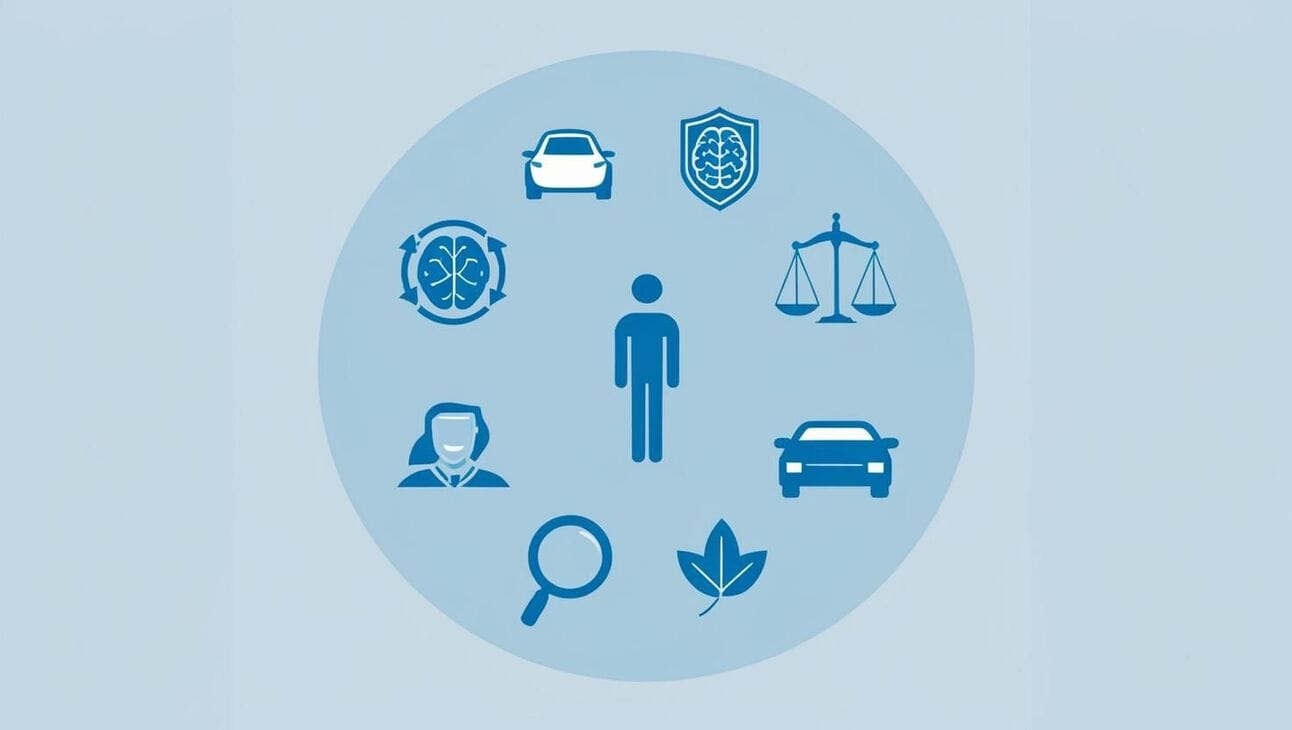How AI Ethics Will Shape the Road Ahead for Driverless Cars
Where Are the Investment Opportunities?

What happens when the driver behind the wheel is a complex algorithm? As autonomous vehicles (AVs) transition from science fiction to reality, this question is no longer hypothetical but a pressing ethical and legal conundrum shaping the future of transportation and investment landscapes.
The global autonomous vehicle market is projected to reach $556.67 billion by 2026, with a compound annual growth rate of 39.47% from 2021 to 2026. This explosive growth is driven by advancements in AI and machine learning, promising increased safety, efficiency, and accessibility in transportation. However, as these vehicles become more prevalent on our roads, they bring with them a host of ethical considerations that investors and industry leaders must navigate.
At the heart of the ethical debate surrounding driverless cars is the question of responsibility. In traditional vehicles, the driver is typically held accountable for accidents. But in a world where AI makes split-second decisions, who bears the responsibility when things go wrong? This question has significant implications for manufacturers, software developers, and even passengers.
Recent legislation in several countries has begun to address this issue. In Germany, for example, the government passed a law in 2021 that places primary liability for accidents involving autonomous vehicles on the manufacturer. This approach shifts the burden of responsibility from individual drivers to the companies developing and deploying the technology. As a result, investors need to consider the potential legal and financial risks associated with investing in AV companies.